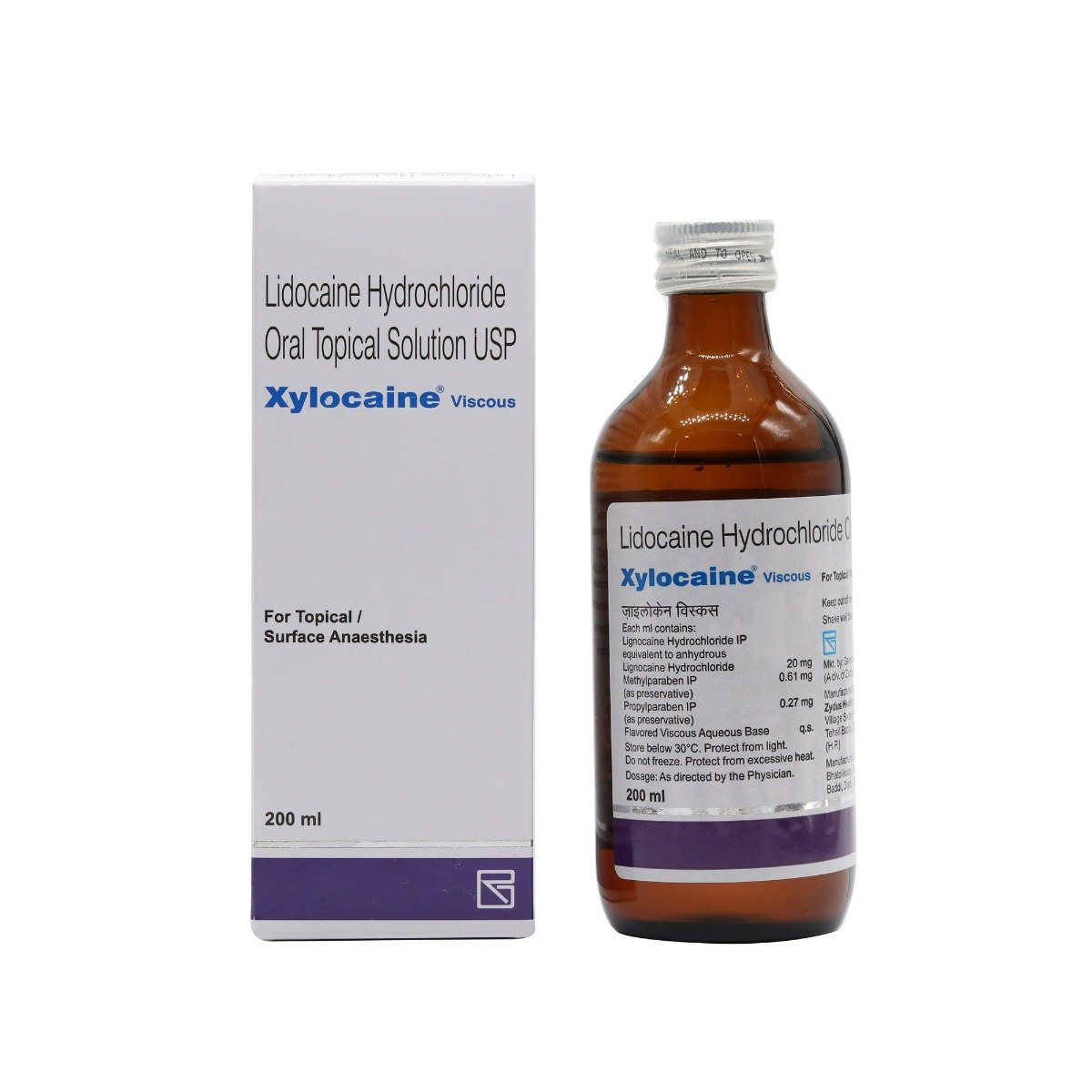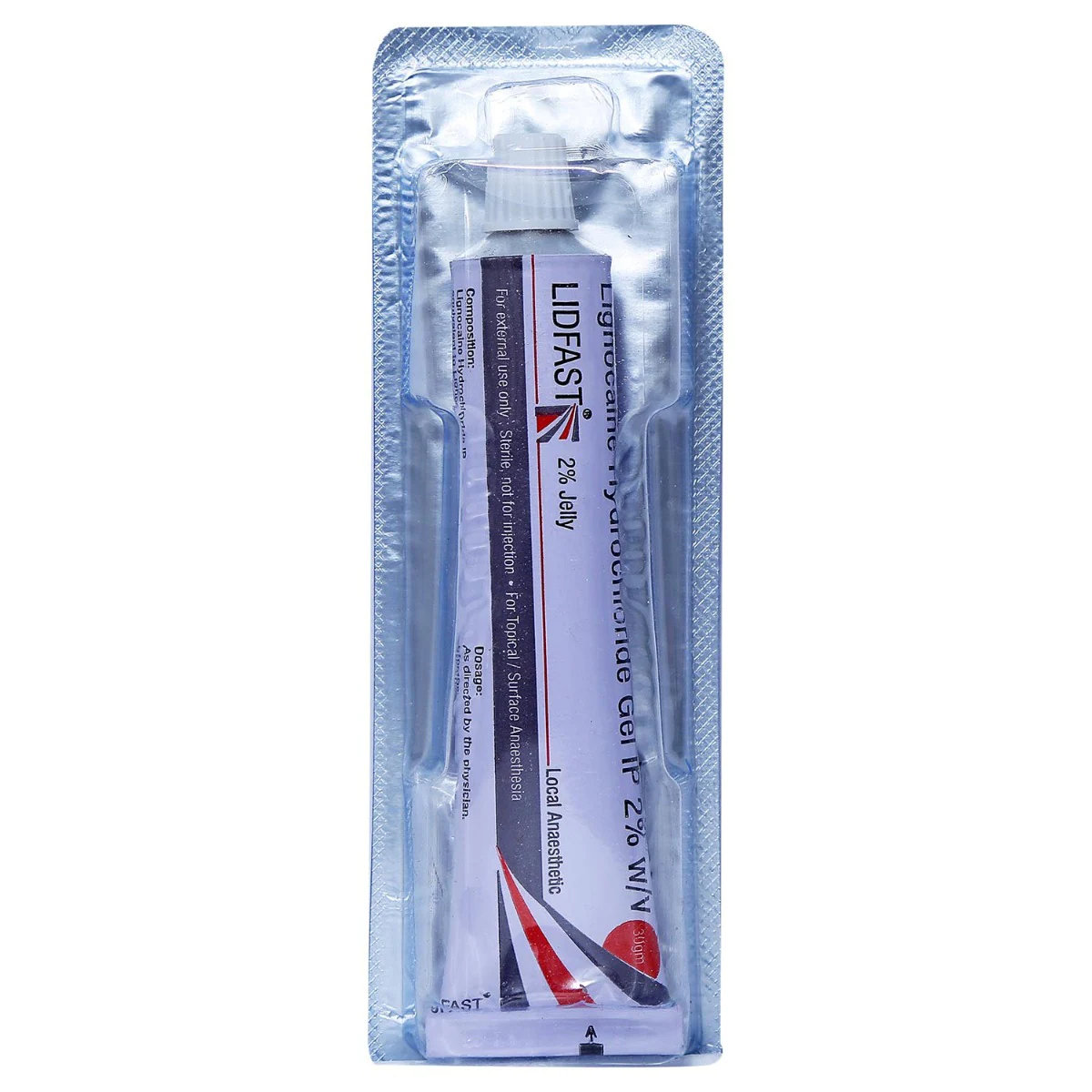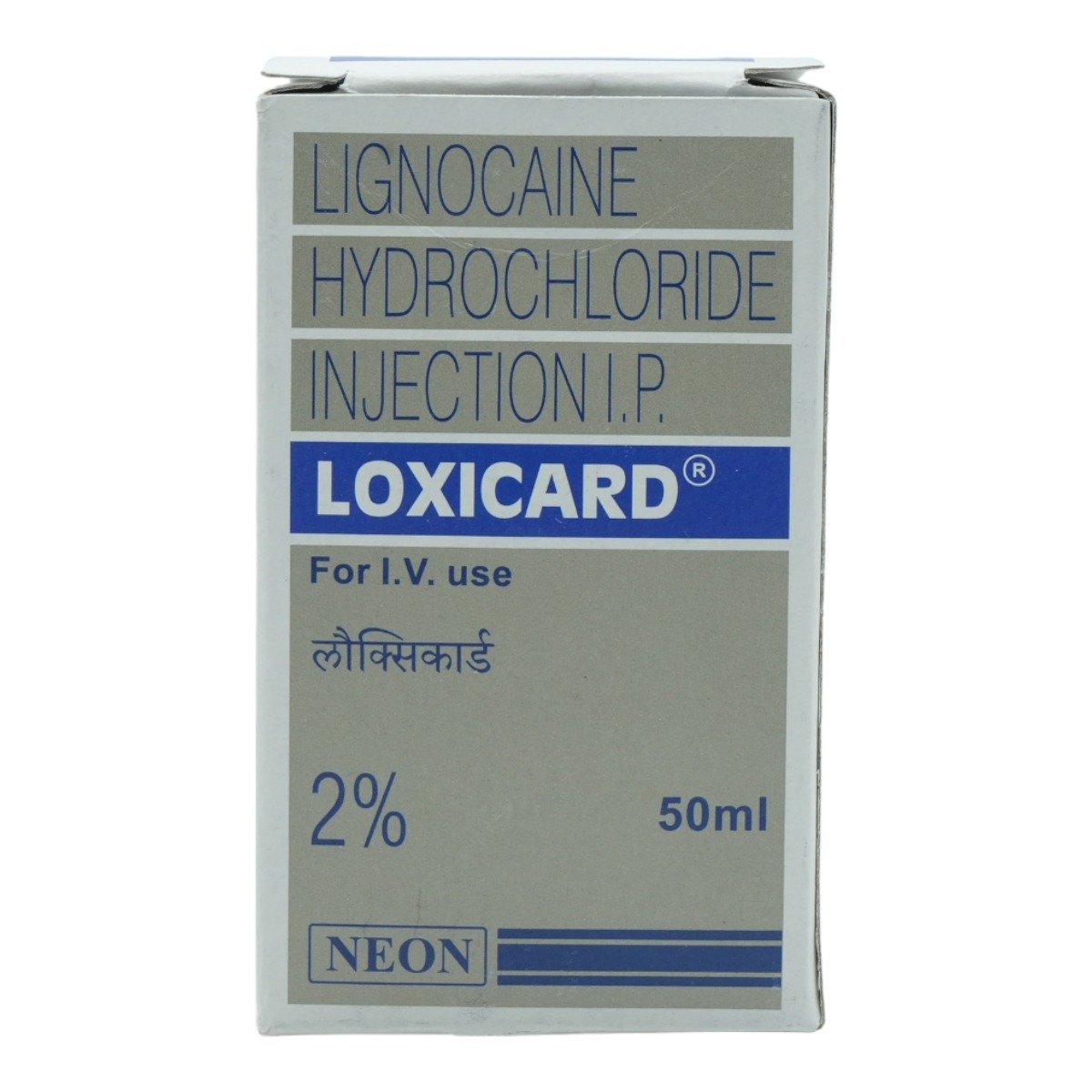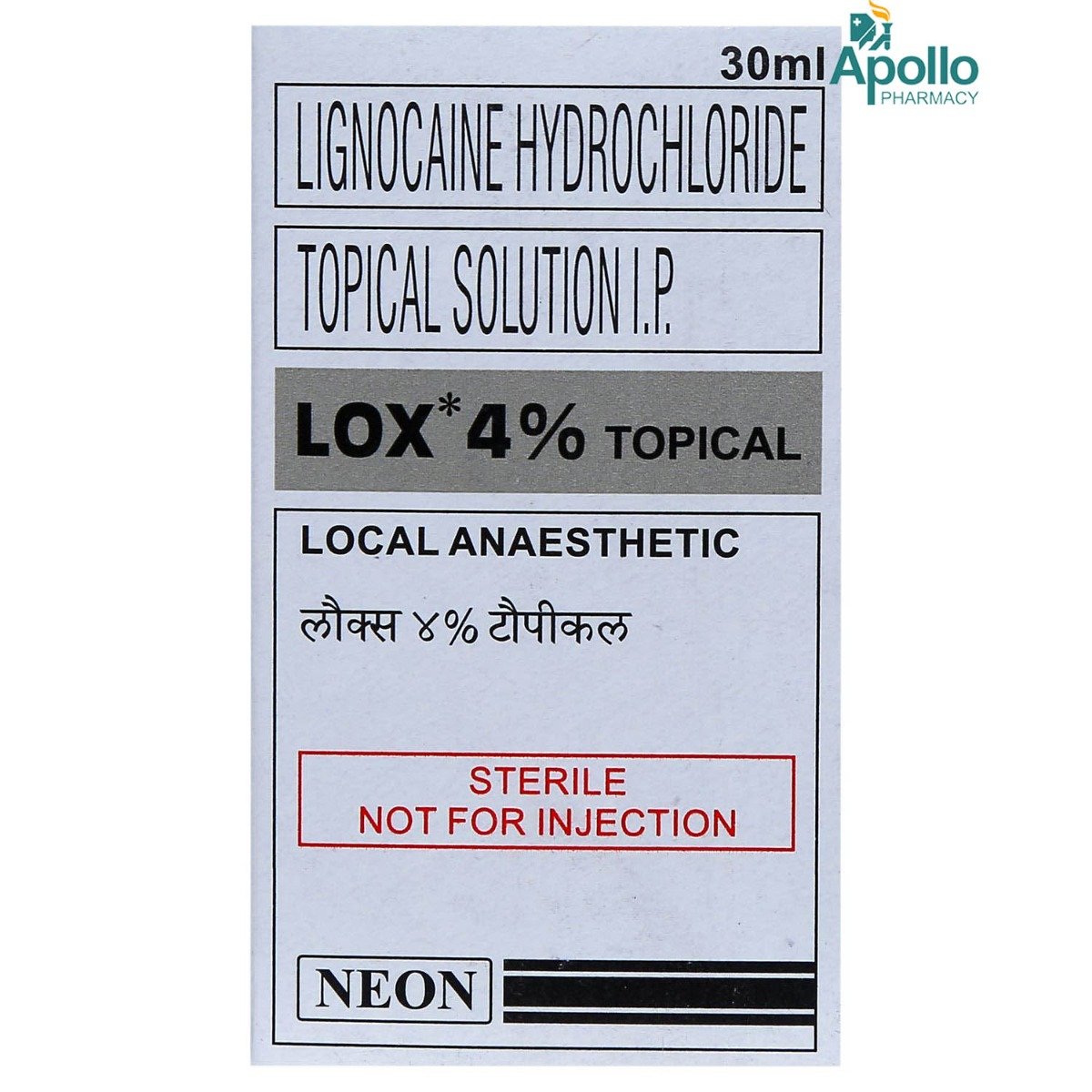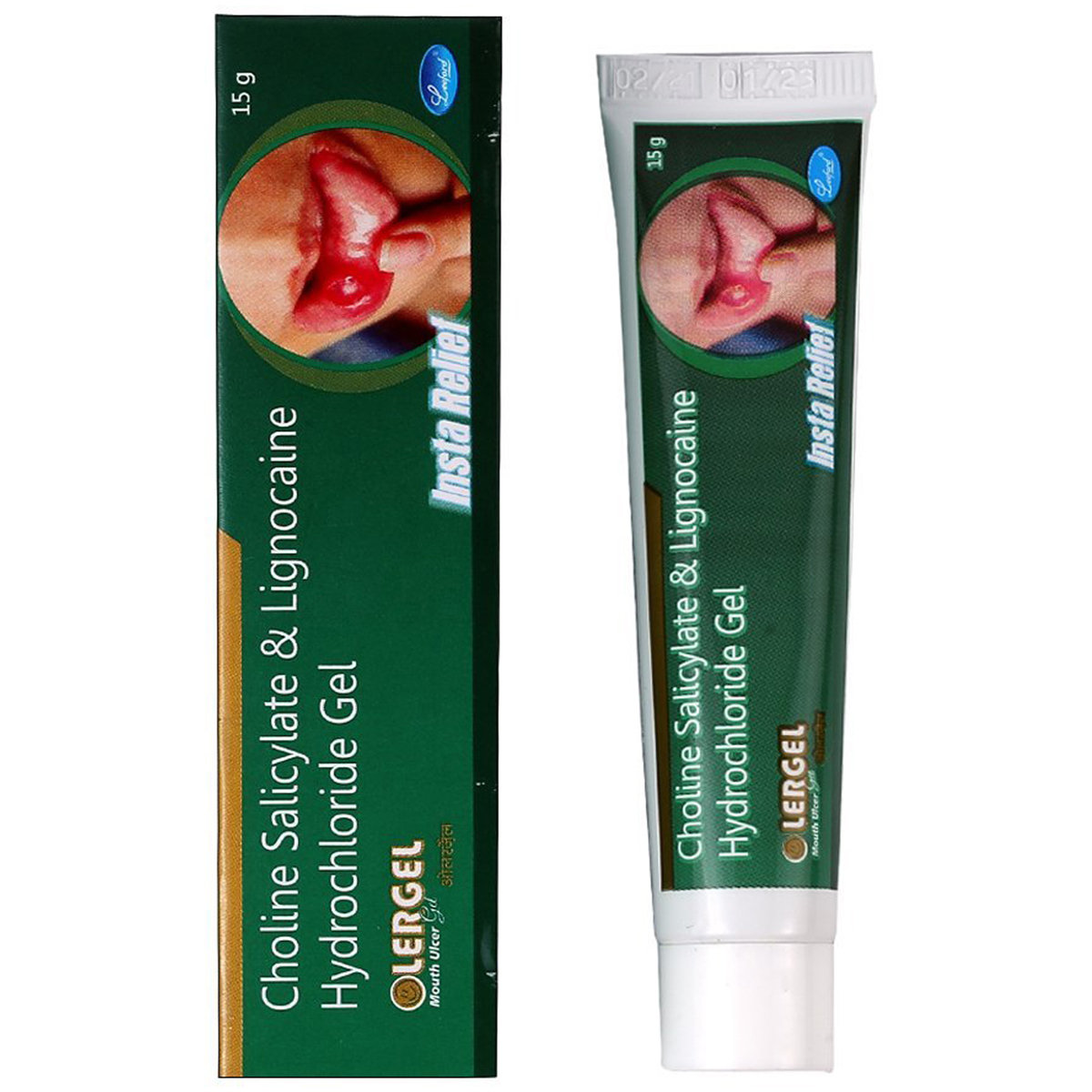Lignocaine Hydrochloride
About Lignocaine Hydrochloride
Lignocaine Hydrochloride belongs to the class of local anaesthetics. It is a local anaesthetic used to numb certain body areas temporarily. On the other hand, it is used as an anaesthetic lubricant to insert instruments in the human body for medical procedures (e.g., catheters). It is also used to treat symptoms of painful inflammation of the urethra and bladder.
Lignocaine Hydrochloride contains 'Lignocaine Hydrochloride'. It works by reducing pain sensation by working on peripheral nerves in the body.
Lignocaine Hydrochloride should be used as directed by your physician. Generally, it is used before undergoing clinical procedures. Sometimes, Lignocaine Hydrochloride may cause application site reactions such as a burning sensation, itching, redness, and irritation. Most of these side effects do not require medical attention and will resolve gradually over time. However, you are advised to talk to your doctor if you experience these side effects persistently.
If you are pregnant or breastfeeding, inform your doctor before using Lignocaine Hydrochloride. It is not recommended for use in children as the safety data are not available. Avoid contact of Lignocaine Hydrochloride with eyes, nose, mouth, swollen skin or open wounds. In case of accidental contact with these areas, rinse with water immediately.
Uses of Lignocaine Hydrochloride
Medicinal Benefits
Lignocaine Hydrochloride is a pain reliever that is used during specific medical operations (such as putting a tube into the urinary system). It is also used to numb the lining of the mouth, throat, or nose prior to some medical operations (for example, intubation). Lidocaine jelly is also used to treat discomfort caused by urinary tract swelling (urethritis). It works by numbing particular moist parts of the body. Lidocaine is a kind of medication known as a local anesthetic. Lignocaine Hydrochloride contains 'Lignocaine Hydrochloride,' which prevents sodium ions’ influx (entry) into the membrane covering the nerves, hence blocking impulse initiation and conduction.
Directions for Use
- Follow your doctor’s instructions on the dosage and timing of this medication to ensure safety.
- Apply a thin layer of Lignocaine Hydrochloride to the affected area and gently rub it in.
- After applying Lignocaine Hydrochloride, wash your hands thoroughly unless your hands are the affected area.
Storage
Side Effects of Lignocaine Hydrochloride
- Burning sensation
- Itching
- Redness
- Irritation
Drug Warnings
Do not use Lignocaine Hydrochloride if you are allergic to any of its components. Avoid using Lignocaine Hydrochloride on larger skin areas or for a prolonged duration. Inform your doctor if you have methemoglobinemia (abnormal methemoglobin in the blood) or heart, kidney or liver problems. Consult your doctor before using Lignocaine Hydrochloride if you are pregnant or breastfeeding. Lignocaine Hydrochloride is not recommended for children as safety and effectiveness have not been established.
Drug Interactions
Drug-Drug Interactions: Lignocaine Hydrochloride may interact with other local anaesthetic and anti-arrhythmic drugs (tocainide, mexiletine).
Drug-Food Interactions: No interactions found/established.
Drug-Disease Interactions: Inform your doctor if you have methemoglobinemia (abnormal methemoglobin in the blood) or heart problems such as irregular heartbeat or heart block.
Drug-Drug Interactions Checker List:
Safety Advice

Alcohol
cautionIt is unknown if alcohol affects Lignocaine Hydrochloride. Please consult your doctor if you have any concerns.

Pregnancy
cautionLignocaine Hydrochloride should not be used when pregnancy unless clearly necessary. So, inform your doctor if you are pregnant or suspect pregnancy. Your doctor will weigh the benefits and potential risks before prescribing Lignocaine Hydrochloride.

Breast Feeding
cautionLet your doctor know if you are a nursing mother before taking Lignocaine Hydrochloride; your doctor will decide whether breastfeeding mothers can take Lignocaine Hydrochloride or not.

Driving
cautionIt is not known if Lignocaine Hydrochloride affects your ability to drive. Drive only if you are alert after using Lignocaine Hydrochloride.

Liver
cautionLimited information was available about the effects of Lignocaine Hydrochloride in patients with liver disease. Inform your doctor before using the Lignocaine Hydrochloride if you have a history of liver diseases. Your doctor will prescribe only if the benefits outweigh the risks.

Kidney
cautionLimited information was available about the effects of Lignocaine Hydrochloride in patients with kidney disease. Inform your doctor before using the Lignocaine Hydrochloride if you have a history of kidney diseases. Your doctor will prescribe only if the benefits outweigh the risks.

Children
unsafeLignocaine Hydrochloride is not recommended for children as efficacy and safety have not been established.
Habit Forming
Diet & Lifestyle Advise
- Maintain a healthy weight by performing regular low-strain exercises and eating healthy food.
- Get adequate sleep, as resting the muscles can help in reducing inflammation and swelling.
- De-stress yourself by meditating, reading books, taking a warm bubble bath, or listening to soothing music.
- Eat food rich in antioxidants such as berries, spinach, kidney beans, dark chocolate, etc.
- Foods containing flavonoids help in reducing inflammation. These include soy, berries, broccoli, grapes, and green tea.
- Avoid smoking and alcohol consumption.
Special Advise
- Do not apply Lignocaine Hydrochloride on open wounds, injured skin, or unhealed shingles blisters.
- Wash your hands after use. However, do not wash your hands if you are using Lignocaine Hydrochloride on your hands.
- If Lignocaine Hydrochloride comes in contact with eyes, mouth or nose, wash with water immediately. Consult a doctor if irritation persists.
- Do not scratch or rub the skin when it is numb.
Patients Concern
Disease/Condition Glossary
Pain: Pain alerts your nervous system that something is amiss. It is a painful sensation such as a prick, tingling, sting, burn, or aching. Pain can be either acute or dull. It might come and go or be continuous. You may have pain in one part of your body, such as your back, abdomen, chest, or pelvis, or you may experience pain throughout your body. Pain can be generalised (overall body aches) or localised (affecting a specific body area).
Local anaesthesia: It causes numbing/loss of sensation to a specific area of the body. It is used to treat or prevent pain during surgery or medical procedures.
Post-herpetic neuralgia: Post-herpetic neuralgia is a persistent discomfort associated with shingles. Shingle is a viral illness that causes painful rashes caused by the recurrence of chicken pox virus infection. Symptoms include nerve discomfort and itching.
FAQs
Lignocaine Hydrochloride is used for local anaesthesia.
Lignocaine Hydrochloride blocks the influx of sodium ions into the membrane that surrounds the nerves, thereby preventing the initiation and conduction of impulses (nerve signal). Hence, it provides an anaesthetic effect and decreases the sensation of pain.
Avoid using Lignocaine Hydrochloride with other topical products such as cosmetics, sunscreens, lotions, moisturizers, insect-repellent creams, and other gels.
Do not apply external heat or cover the treated skin with dressings after applying Lignocaine Hydrochloride. Covering the skin or applying heat might increase the amount of drug absorbed into the skin, leading to unpleasant side effects.
Do not apply Lignocaine Hydrochloride on open wounds, injured skin, or unhealed shingles blisters. Apply Lignocaine Hydrochloride on intact skin only.
Avoid using Lignocaine Hydrochloride for longer durations unless prescribed by the doctor. If your condition does not improve even after using Lignocaine Hydrochloride for seven days, consult your doctor.

